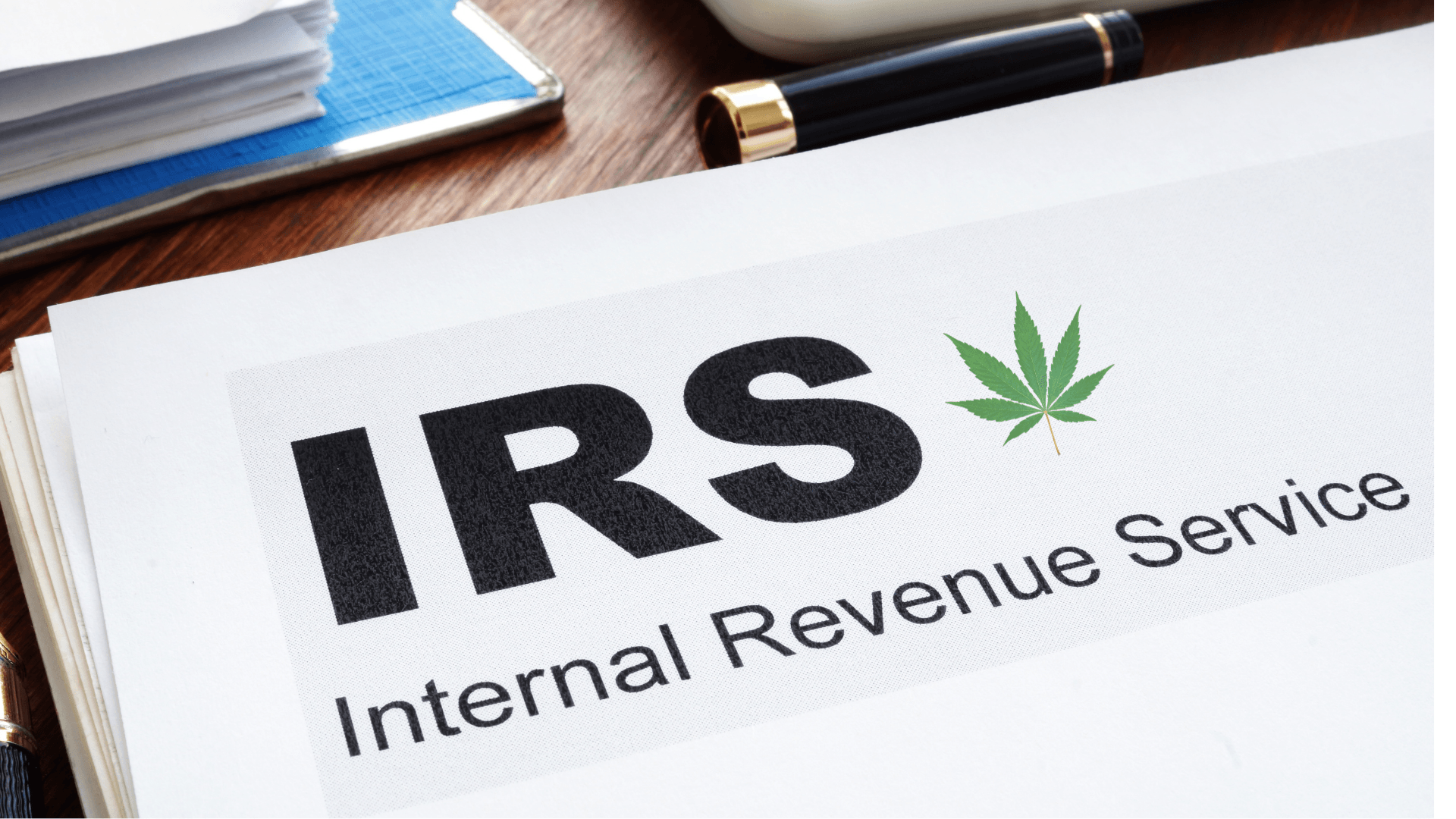Operating Your Cannabis Business with 280E Constraints
Last Updated on Dec 6, 2017
The growth of marijuana startups since legalization has skyrocketed, but along with this growth, the cost of doing business has risen. Due to the federal government still classifying marijuana as a Schedule 1 substance, cannabis businesses are affected by U.S. tax code 280E .
Under section 280E, businesses are permitted the deduction of cost of goods sold, but are not allowed to deduct any expenses related to selling, or other general (including administrative) business expenses unless other lines of business have been established which are unrelated to “trafficking controlled substances.”
Therefore operating your cannabis business within the constraints of 280E means that you can’t deduct “regular business expenses” (deductions offered to virtually every other legally operated business in the U.S.) if your primary service involves selling cannabis and/or cannabis products. That being the case, there are still a few ways of reducing your tax burden while operating your business while still adhering to the constraints of 280E.
Choose Your Business Wisely
Taking the constraints of tax code 280E into account may affect your decision on which area of the cannabis industry you choose to go into before you even open your business. Businesses that deal with the cannabis plant directly, such as dispensaries, manufacturers, and growers, can only deduct the cost of sold goods. No other business deduction (which any non marijuana businesses can benefit from) can be claimed. Since cannabis growers have a higher margin of cost of items sold, out of the three business types mentioned above, they are the least affected by tax code 280E.
Shift Your Costs
If your operation both grows and sells cannabis, shift some of your costs to the growing side of your business, since cost of goods sold is a deductible expense. If there is a division of your business that is non cannabis related, shifting costs to that area of the business will lessen the strain of tax code 280E.
According to Cannabis Business Times , “LLCs are a preferred entity type (for cannabis industry professionals) due to their less-restrictive operating formalities and flexibility through customized operating agreements.” The Cannabis Business Times also mentioned that there have been several court cases related to section 280E over the past 10 years. One lesson to be learned from these court cases is that is extremely important for every cannabis business to keep accurate books and records. It is also important to operate your business within the constraints of 280E. If your business is found not to be in compliance with this regulation, you may wind up facing stiff penalties and fines. Beyond the unpleasantness of these penalties and fines, you risk being shunned by an industry that is focused on shifting its image from operating in the shadows to being buttoned up and run by CEOs and executives just like every other industry.
Hopefully one day, with the help of the cannabis business community (and cannabis industry lobbyists), legislators will rewrite tax code 280E to ease the tax burden on companies. Until that day, cannabis industry leaders and advocates will continue to educate Congress on the benefits of legalizing marijuana on the federal level.
On that note, while it is completely understandable and within your rights to find ways of reducing your tax burden, consider that tax revenue is one of the key reasons why lawmakers have been swayed to legalize cannabis in many states. So be sure to pay your fair share of taxes, and do it with a smile.
Has 280E impacted the way your operate your business?
Disclaimer: 3C doesn’t claim to be experts on tax law. Consult your tax advisor to ensure that your business is taking advantage of any deductions allowed by law while operating within the constraints of 280E.
Recommended Articles
C O N N E C T W I T H U S
C O M P A N Y
R E S O U R C E S
S E R V I C E S
©2024 3C Consulting, LLC™. All Rights Reserved. Terms of Use | Privacy Policy




